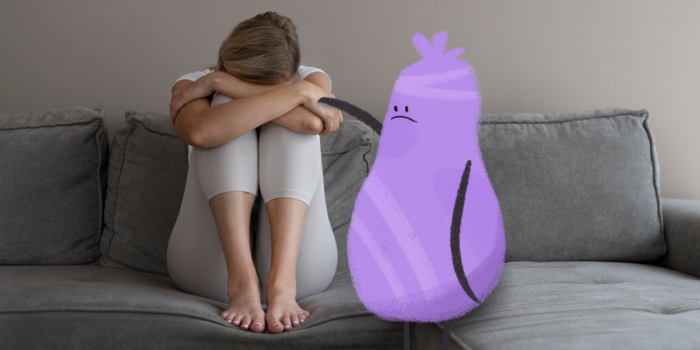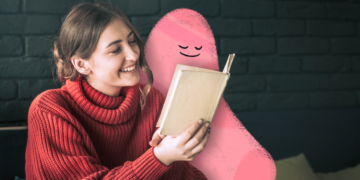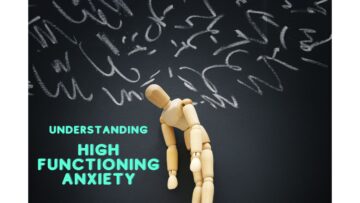
First, when talking about anxiety, it’s important to understand that almost every human has had moments of being anxious, fearful, and uneasy. A World Health Organization study in 2015 showed that the reports of anxiety disorders have been on the increase by 50% globally between 1990 and 2013.
Usually, some people can cope with mild forms of anxiety, but others may require some support to manage it. So remember, you are not alone with your struggles.
What You Should Know
According to the CDC, knowing about a problem that affects your mental health can help you overcome it. It can also create the right coping strategies to deal with it. So let’s dive in deeper; here are 5 important facts about anxiety.
1. Anxiety disorders are the most common mental illness in the US
A finding by the Anxiety and Depression Association of America revealed anxiety to be the most common mental health finding among the US population. Over 40 million adults in the U.S. (19.1%) have an anxiety disorder.
2. Anxiety is a medical condition that can be diagnosed
Doctors can diagnose anxiety just like any other medical condition. Research has revealed identifiable patterns in anxiety. This fact implies that we can understand anxiety to learn coping strategies for it.
3. Physical symptoms can sometimes accompany anxiety
Anxiety is primarily a condition of mental health. But researchers have found some physical symptoms occurring with it. These symptoms include headache, sleep disturbances, palpitations, weakness, and fatigue, among others. If you have recently experienced any of these, anxiety may be responsible for it.
4. Women are more prone to anxiety than men
One of the most widely documented findings in psychiatric epidemiology is that women are significantly more likely than men to develop an anxiety disorder throughout their lifespan. While this is a finding from studies, it is also a fact that women are more willing to seek help for their anxiety disorders. Therefore, this may be an advantage in the long run, as women are willing to explore the best treatment for coping with anxiety.
5. Anxiety is treatable
There are recognized therapies for anxiety that are being used and improved continuously worldwide. Some of these interventions are so effective that people with anxiety disorders report improvements in symptoms after a few sessions.
As scary as anxiety might sound, it is more common than you might think. You now know it can be treated, you can cope well, and you are never alone on this journey. Let this knowledge empower you every day.




